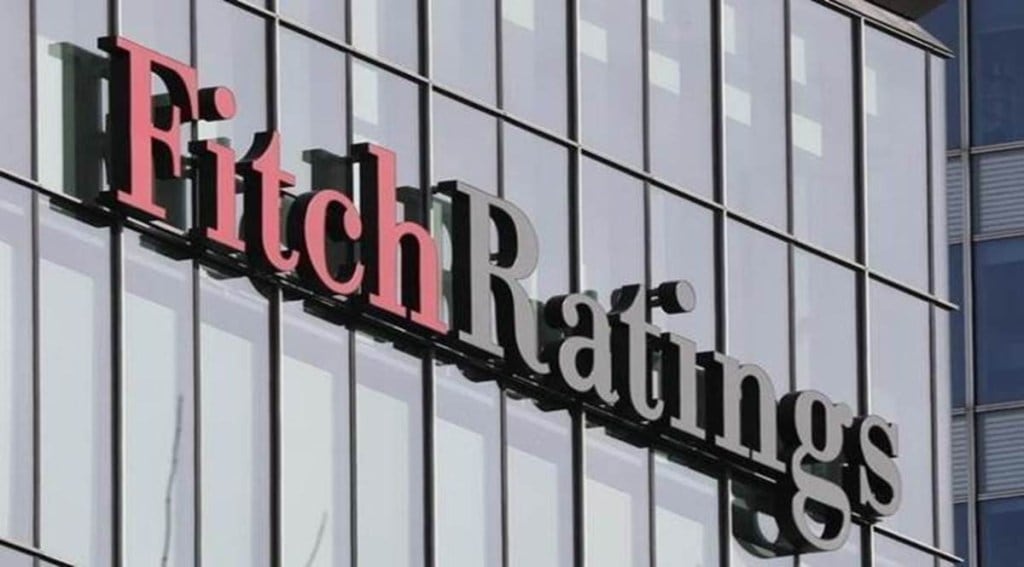Global rating agency Fitch on Tuesday sharply cut its FY23 growth forecast for India to 8.5% from 10.3% announced earlier, citing “sharply higher energy prices” in the aftermath of the Russia-Ukraine war. However, it also revised up its real growth forecast for the current fiscal to 8.7% from 8.1%, which will push up the base accordingly for the calculation of the FY23 growth.
With this, Fitch became the second global rating agency after Moody’s to have revised the growth projection for India following the Ukraine crisis. However, Moody’s last week raised its real growth forecast for India to 9.5% for the calendar year 2022 from 7% predicted earlier but it flagged elevated oil prices and supply distortions as a potential drag on growth. It retained its 2023 growth forecast for India at 5.5%.
In its Global economic Outlook-March 2022 on Tuesday, Fitch also forecast a rise in inflationary pressure, which will peak above 7% in the September quarter, before easing gradually. “We expect inflation to remain elevated throughout the forecast horizon, at 6.1% annual average in 2021 and 5% in 2022,” it added.
Importantly, the agency expects the Reserve Bank of India to raise the benchmark lending rate (repo rate) to 4.75% by December 2022, from 4% currently. This is despite the fact that the central bank has prioritised the economic recovery over tackling inflation amid a still-large output gap. Similarly, it said the reverse repo rate – which has become the effective driver of money market rates since the start of the pandemic – is likely to be increased by a larger amount.
Global brent crude oil prices rose towards $116 a barrel in intraday trade on Tuesday, adding to a 7% jump in the previous day. The rise was supported by supply risks emanating from a potential EU oil embargo on Russia and concern about attacks on Saudi oil facilities.
Fitch, however, acknowledged that high-frequency data indicate the Indian economy has “ridden out the Omicron wave with little damage – in stark contrast with the two previous coronavirus waves in 2020 and 2021”. The GDP growth (5.4%) was very strong in the December quarter, the agency said, as the rate of expansion was more than 6% above the pre-pandemic (same quarter in FY20) level. Of course, it is still well below its implied pre-Covid trend.
The post-Covid global economic recovery, Fitch said, is being hit by a potentially huge global supply shock that will reduce growth and push up inflation, it said, as it revised down the world GDP growth forecast by 70 basis points to 3.5%. “The war in Ukraine and economic sanctions on Russia have put global energy supplies at risk. Sanctions seem unlikely to be rescinded any time soon,” it added.
About 10% of the world’s energy, including 17% of its natural gas and 12% of oil, is supplied by Russia. “The jump in oil and gas prices will add to industry costs and reduce consumers’ real incomes… Higher energy prices are a given,” the agency said.

